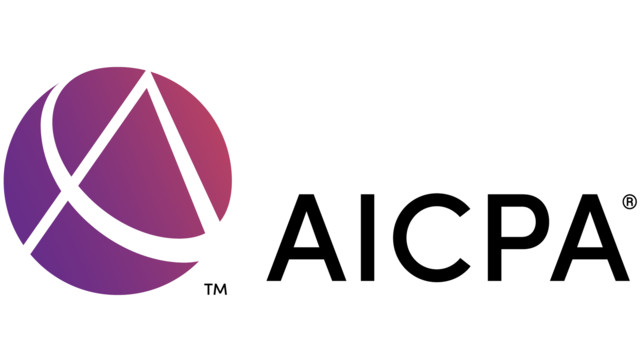For more than a year, the American Institute of CPAs (AICPA) has advocated for penalty relief for taxpayers as they deal with the ongoing challenges brought on by the coronavirus pandemic. These difficulties have prevented many taxpayers from voluntarily complying with their tax obligations or inadvertently under-withholding taxes, resulting in potential penalties. The AICPA is grateful to Representative Judy Chu (CA-D) for her introduction of the Taxpayer Penalty Protection Act of 2021 and commends her efforts to assist taxpayers affected by the pandemic.
“This Act not only provides a fair and reasonable measure of penalty relief that helps taxpayers who have endured numerous hardships, but also reduces contacts with the IRS as the Service struggles with their own pandemic related challenges,” said Melanie Lauridsen, AICPA Senior Manager for Tax Policy & Advocacy.
The bill offers targeted relief from both the underpayment of estimated tax penalty and the late payment penalty for the 2020 tax year.
Additionally, the AICPA previously submitted to the Internal Revenue Service (IRS) and the Department of the Treasury several other recommendations, including:
- Offer a reasonable cause penalty waiver, similar to the procedures of first time abate (FTA) administrative waiver, without affecting the taxpayer’s eligibility for FTA in future tax years.
- Discontinue compliance actions until the IRS is prepared to devote the necessary resources for a proper and timely resolution of the matter.
- Align requests for account holds with the time it takes the IRS to process any penalty abatement requests.
“Taxpayers – regardless of their economic standing – deserve a tax administration system that provides support to help them meet their tax obligations. Providing penalty relief measures will lessen the burdens for everyone, including struggling taxpayers and the IRS,” continued Lauridsen.
Thanks for reading CPA Practice Advisor!
Subscribe Already registered? Log In
Need more information? Read the FAQs




